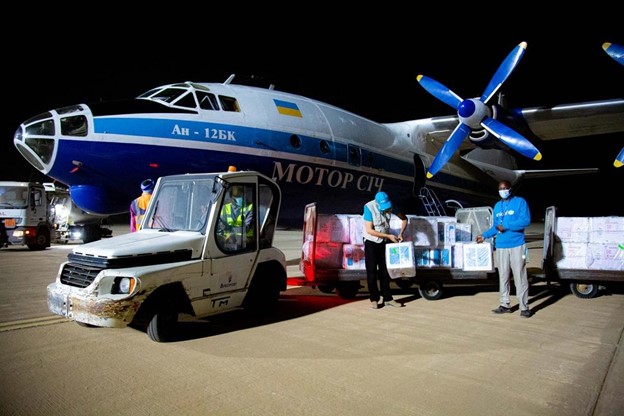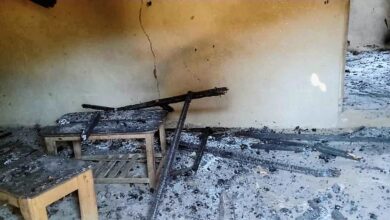UNICEF Intensifies Vaccine Delivery Efforts in 92 Low Income Countries

The United Nations Children’s Fund (UNICEF), in collaboration with the Pan American Health Organisation (PAHO), has secured a supply of COVID-19 vaccines for 92 low-income countries.
According to UNICEF, countries that are due to receive the vaccine through the COVAX programme, which is a part of the World Health Organisation’s (WHO) initiative to ensure equitable access to treatment and vaccines, will be working towards ensuring adequate storage facilities and transpiration of the vaccines to the most remote communities.
UNICEF said its solar-powered fridges will also be instrumental in delivering the vaccine rollouts in the coming months.
The fridges will be able to store vaccines requiring a temperature between 2-8 degrees celsius.
The COVID-19 vaccines need to be kept at very low temperatures, which makes transporting them a major logistical issue.
“Ensuring the facilities needed for this are in place – known as the ‘cold chain’ – is a critical part of UNICEF’s current support to governments before COVID-19 vaccines arrive,” UNICEF said.
Jean-Cedric Meeus, UNICEF’s Regional Chief of Supply for West and Central Africa said the region has one of the most complex environments, making delivery of the vaccines even more challenging.
Part of the challenges ranges from ensuring the airline has enough space and kept at those specific temperatures from the moment they leave the manufacturers till when they are administered.
“We are dealing with the challenge of delivering COVID-19 vaccines to major cities, but also to extremely remote villages. We are preparing for all scenarios.”
Since 2018, UNICEF alongside governments and support from the Gavi, the Vaccine Alliance has been purchasing and installing solar-powered fridges to store vaccines.
This proved an effective solution for health workers who struggled in carrying out other routine vaccinations for children in places that lacked stable electricity and cold storage facilities.
“We mapped where the necessary equipment was missing and then set about installing almost 20,000 solar-powered fridges, all the way from the coast to the forests in the interior. It is a huge asset to have countries equipped like this and we will continue to roll them out,” Meeus added.
The organisation has already purchased more than one billion syringes and safety boxes to ensure smooth delivery of vaccines throughout 2021.
“Efforts to map and identify gaps in air and sea-freight capacity is giving us information that helps to close them, ensuring cargo space is available for vaccines to be flown all over the world”.
Support Our Journalism
There are millions of ordinary people affected by conflict in Africa whose stories are missing in the mainstream media. HumAngle is determined to tell those challenging and under-reported stories, hoping that the people impacted by these conflicts will find the safety and security they deserve.
To ensure that we continue to provide public service coverage, we have a small favour to ask you. We want you to be part of our journalistic endeavour by contributing a token to us.
Your donation will further promote a robust, free, and independent media.
Donate Here




